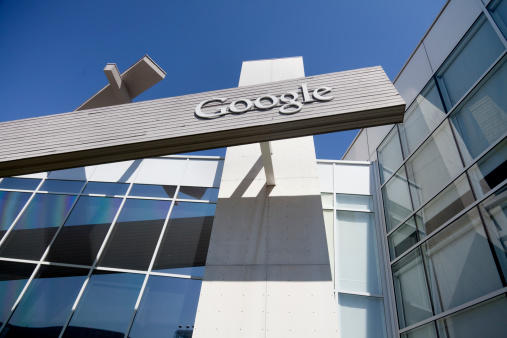The European Union seems to have lost all patience for playing games with big tech companies.
Today, the European Union announced that it fined Google €1.5 billion ($1.7 billion). It’s the company’s third antitrust violation in the country since 2017.
The fine came because Google was blocking rival online search advertisers. In a statement, EU Competition Commissioner Margrethe Vestager said, “Google has cemented its dominance in online search adverts and shielded itself from competitive pressure by imposing anti-competitive contractual restrictions on third-party websites.”
Through Google’s AdSense for Search, the company provided ads for websites, like those of newspapers, with a search function that also comes up with results and ads.
Google would stop publishers from including any search ads from its competitors on their page results. This meant the publishers were relying on Google in order to profit from ads. In addition, a 2009 clause also made publishers seek Google’s written approval before making changes to how rival ads were displayed.
“Based on a broad range of evidence, the Commission found that Google’s conduct harmed competition and consumers, and stifled innovation,” the EU Commission stated. “Google’s rivals were unable to grow and offer alternative online search advertising intermediation services to those of Google.”
The fine is large, but it’s not the biggest one Google has received from the EU. According to CNN, in 2017 Google paid a $2.7 billion fine, and then a $4.9 billion fine in July of 2018 for antitrust violations. Google has paid a total of €8.2 billion — $9 billion U.S — in fines to the EU.
The EU’s decision comes on the heels of attorneys general in the United States threatening antitrust lawsuits against Google. Mississippi’s AG Jim Hood stated there will be a “reckoning” against the company at some point.
Google and other tech giants facing consistent scrutiny outside of the United States highlights that there is a problem. Most importantly, it shows the federal government has no clue how to regulate big tech, leaving states to pick up the burden.

